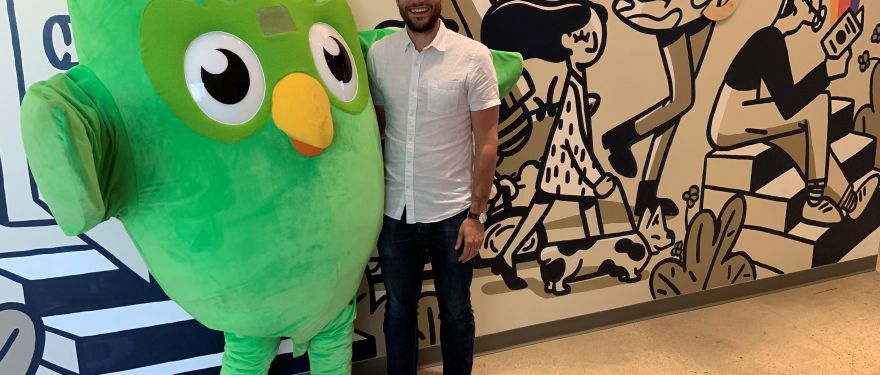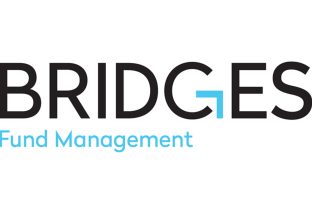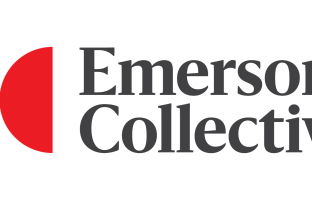Four years ago, I used Duolingo’s free language learning app to pick up enough German to impress my new girlfriend, who had recently moved to Boston from Munich. I was able to use what I learned on the app to not just impress her, but to apply for a transfer to Munich a year later so I could join her back in Germany. My efforts paid off - she and I were married this past June in the Bavarian alps.
When Duolingo visited campus last October, I figured this could be a good opportunity to get Product Manager (PM) experience (which I was interested in exploring) while working for a company I cared about (again, see above). As part of my recruiting, I was able to meet on campus with Conor Walsh, Duolingo PM and MBA 2018. Conor gave me context on what it was like to work at Duolingo as well as on the role of a PM on a day-to-day basis. This help was particularly useful because I had never worked in tech or in a PM role - I had previously worked in strategy and design consulting, but I really wanted to explore actually applying insights to change a real, live product. Over the summer, I got to do that and much more.
A few points on the company: Duolingo was founded 7 years ago to make quality language education freely available for anyone, anywhere. They’ve recently gone through a huge growth spurt: head count is on track to grow 50% year on year to almost 200 employees. Revenue is growing rapidly as well, and the company was just named to Forbes Next Billion Dollar Startups List. With over 300 million users, the company has created the most downloaded education app in the history of the App Store… all for free.
At Duolingo, I joined the team responsible for creating and managing the core Duolingo lesson experience. I was given two problems to address - how to re-engage users who skipped our placement test, and how to rethink the way we award experience points (or XP) for practice sessions - but no one told me how to solve these problems, or what the solution should be. Instead, I was expected to run analyses on the incredible amount of data Duolingo has to pick apart the problem, and speak with users to understand the challenges from a more human point of view.
I collaborated with designers and software engineers to develop solutions, which I then presented to the CEO, Head of Design, and Head of Product. After getting their approval, we then tested the changes to see how users responded. Duolingo takes a very data-driven approach to new features, so before being launched, all new features are first released to a small subset of users to see if the change drives a meaningful improvement in the metrics we track. At any time, we’ll have dozens of different A/B tests live at once. I analyzed the results (success!) and am proud to know that we’ll be launching both features permanently. In just a few short weeks, the solutions I proposed are now part of the app for millions of people across the globe.
Beyond my assigned tasks, I was also encouraged to tackle other user pain points. By talking with users and observing how they used the app, I developed two additional product changes focused on improving onboarding for experienced learners: one that got users to new material faster, and one that helped users who quit our placement test. Assuming all stays on track, both of these features should hopefully be launched sometime in the next few weeks. If it sounds like I was running around untethered, that’s only partially true - my mentor and manager helped address my questions, and my 13-person team was always there to offer insights, advice, and perspective. Never did I feel like I was in over my head, and the help was there if I needed it.
On top of making specific product changes, I was also asked to work on more strategic projects. The stakes were real - the CEO had recently prioritized a new market, believing it would be the next critical step for Duolingo’s growth. It would be my task to develop the product roadmap that would get us there. I worked with a broad cross-section of the Duolingo team to develop the roadmap, and I got to pitch my final recommendations to the CEO, CTO, and the entire product team. Intern projects here are referenced for years after the final presentation, and hopefully mine will be too.
It might be less important than the work experience I was picking up, but I had always wanted to experience the Silicon Valley-style startup perks and Duolingo didn’t disappoint. The free onsite lunch, access to every snack or drink under the sun, and the weekly massages all made work easy. Maybe less typical was that I, along with most of the company, left the office almost every day between 5:30 and 6:30. As someone with a child on the way, having a reasonable work schedule is pretty high on my list of priorities.
Perhaps the coolest thing about this summer, however, is knowing that the work I did helped more people across the world learn to communicate. Maybe in a new country, maybe with their neighbor next door. All for free. In 2019, helping people talk with each other across cultures and borders feels like a worthy goal to spend time on.





.png&w=80&h=80)

